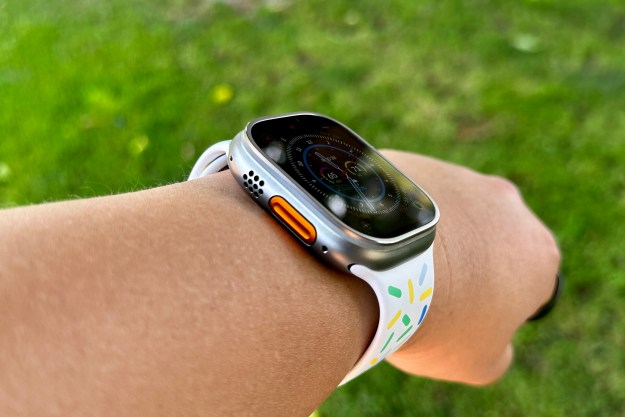Apple’s announcement this week that it’s boosting security for some iCloud data hasn’t pleased everyone.
Advanced Data Protection for iCloud began rolling out to users on Thursday as an opt-in feature. It offers end-to-end encryption for iCloud backups, Photos, and Notes, though at this stage it doesn’t include iCloud Mail, Contacts, and Calendar.
The new layer of security is a step up from the current on-device encryption as it prevents any kind of access by Apple — for example in response to requests from law enforcement — to a chunk of a user’s iCloud data. It also better protects user data if Apple’s systems were ever breached.
Many privacy-focused groups welcomed the new security feature, among them the Electronic Frontier Foundation (EFF).
“We applaud Apple for listening to experts, child advocates, and users who want to protect their most sensitive data,” the EFF said in a statement. “Encryption is one of the most important tools we have for maintaining privacy and security online.”
It continued: “Apple’s on-device encryption is strong, but some especially sensitive iCloud data, such as photos and backups, has continued to be vulnerable to government demands and hackers. Users who opt in to Apple’s new proposed feature … will be protected even if there is a data breach in the cloud, a government demand, or a breach from within Apple (such as a rogue employee).”
However, offering a broad view on the matter to the Washington Post, the FBI made clear that it felt differently, saying it was “deeply concerned with the threat [that] end-to-end and user-only-access encryption pose,” as it “hinders our ability to protect the American people from criminal acts ranging from cyberattacks and violence against children to drug trafficking, organized crime, and terrorism.” The FBI added: “In this age of cybersecurity and demands for ‘security by design,’ the FBI and law enforcement partners need ‘lawful access by design.'”
Apple’s new security feature could also lead to a clash with the U.K. government, the Guardian reported, as incoming legislation places demands on messaging apps to deal with extreme content and gives regulators the power to order changes to such platforms if they fail to comply.
A spokesperson for the U.K. government said that while it supports strong encryption, “it cannot come at the expense of protecting the public. End-to-end encryption cannot be allowed to hamper efforts to catch perpetrators of the most serious crimes.”
Apple’s move to offer end-to-end encryption for some of its iCloud services highlights once again the ongoing issue of balancing user privacy and security with law enforcement’s desire to have the ability to access such data to help it successfully investigate criminal cases.
Advanced Data Protection for iCloud is available in the U.S. now to members of the Apple Beta Software Program, and to all U.S. users by the end of the year. Global rollout is targeted for early 2023.
Been holding off using iCloud but are now keen to give it a go? Digital Trends has you covered.
Editors' Recommendations
- There’s something Apple isn’t telling you about the new iPad Pro
- Apple updated two of its biggest iPad apps, and they look amazing
- AMD still hasn’t made the big APU dream a reality
- Why I can’t wait for Apple to finally make a smart ring
- Apple did something with the iPhone 15 Plus that I didn’t expect


